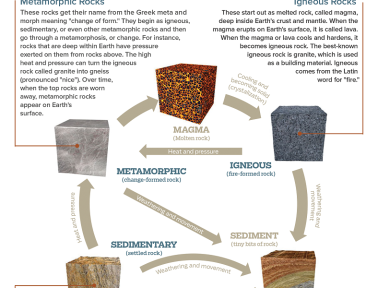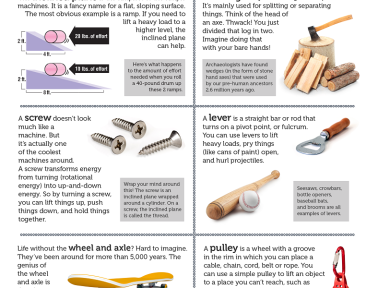I’m sharing several of my favorite messages from the archives while I spend some additional time with my household.
Blanketing children with praise, appears like an all-natural action toward structure independent, certain children. Yet appreciation might in fact create lead to our kids that are opposite our objectives, according to a write-up in New york city Magazine (Exactly how Not To Talk to Your Children).
According to the article, praising children based upon intelligence (” You are so clever!”) implies integral capacity separate from effort or development. A few of the studies cited in the short article discovered that kids who were praised in this fashion were more likely to be risk-averse. Seeing their “ingenuity” as a meaning of that they were, a characteristic they had little control over, they had a more powerful wish to protect that picture of “brilliance”, than to put it to the examination with a challenge. They were eager to display competence, instead of to learn something new.
Alternatively, kids who were urged with comments about their initiative, their persistence, or their focus were more likely to acknowledge the abilities that they had put to use and also fit to take on even more difficulties and also use those abilities once again.
( * Update to original blog post: Ellen Galinsky describes this distinction as a taken care of frame of mind vs a development mindset in Chapter 6 of her book, Mind in the Making.)
The article better checks out appreciation addiction, the interaction of self-worth and praise, a s well as the efficiency of straight showing kids to tackle challenges in education and learning.
I would highly recommend the article to parents and also teachers, and feel it gives some fascinating and appropriate research-based info. For those left worried regarding exactly how to suitably motivate positive behavior without turning their youngsters (or themselves) into appreciation junkies, below are a few guidelines:
Make it details and sincere.Kids can detect common, hollow praise. Whenever you capture on your own making use of a common form of appreciation (” Good job!”) consider it as a buzzer, advising you to add an extra specific summary (” You actually worked at that puzzle as well as didn’t give up, also when it was hard!”).
Explain an action.Exaggerating high qualities provides youngsters the message that they have little control over this quality. They are either clever or not. They are type or not. Explaining the action assists them understand how to duplicate the behavior as well as enhances the aspect of selection in their habits. (” Thanks for revealing good listening by resting with your eyes on me, your bodies still, as well as your mouths quiet.” vs “Many thanks for being so good!”) Think much less in regards to praise and more in terms of support. What abilities as well as activities do you want to motivate? Explain them with activity words. These words work as cues to the kid’s brain.
Acknowledge effort.Concentrating excessive on the end item ends up being judgment as opposed to encouragement. Identifying the effort somebody is taking into points, the amount of time they really engage, or the method they rebound from set-backs aids to advertise resiliency and work ethic instead of creating anxiety based on outcomes they may not have the ability to manage (ie winning some prize or competition). As the write-up states, kids who were wrapped up in outcome-based praise were more likely to rip off than those who were buoyed up by process-based encouragement, that makes feeling if you consider that the emphasis is on what they achieve, out exactly how they arrived. This doesn’t indicate we should administer diminished appreciation for half-hearted initiative (see factor # 1), however we ought to identify true initiative and also hard work, even when it does not produce the “win”.
Get their input.Appreciation commonly fills a natural need for outside approval, but it sometimes produces an addiction to people-pleasing. In an effort to feed a positive self-concept, we inadvertently create a self-concept that is predicated on the point of views of others. Rather than always forecasting your very own perceptions, ask youngsters what they consider their initiative, of their work, or of their habits. In some cases you ‘d be amazed at what you can both gain from their introspection.
Some points are unconditional.It’s easy to come to be a praise-junkie when we are simply attempting to create a favorable atmosphere and assistance kids to recognize just how fantastic we believe they are. We wish to build up their favorable self-image and steady them versus those hard days in life. Yet instead of over-doing the messages of appreciation, we can guild that self-confidence and also protection by giving them messages of love that are not conditional upon their labels. Let them recognize that you enjoy them not because they are “clever”, yet since they are yours.
What do you believe? Just how do you concentrate on encouragement as opposed to judgment or praise with the kids you love and teach? Just how do you urge them to do their best, yet enhance that your love is not a performance-based benefit?
Relevant










